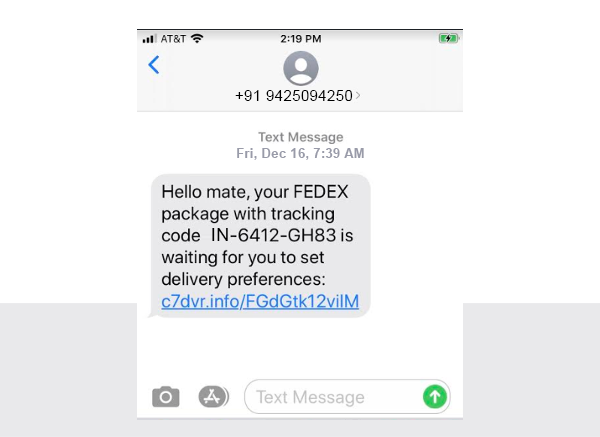Most probably, money lending apps of NBFCs are stealing your personal details.
.png)
At the start of 2022, the Indian government banned more than 2000 money lending apps, not just because the agents of these NBFC(non-banking financial companies) were harassing borrowers, but they were stealing the private data of its user such as pictures, contacts, messages, videos, etc.
Thousands of applications not authorized by the google play store are still active in financing borrowers. They often use smishing techniques, misleading ads, malicious websites, and some campaigns through social networks to ensnare people to put some synthetic needs or some kind of offers into the mind of a random person who is not even a user of these apps.

If these applications have been used actively by a user, there are more chances these are stealing your data. They often ask for permissions that are not even needed for applications to run fluently.
Smishing?
It is a kind of phishing where attackers use compelling text messages to fool targeted recipients into clicking the links included in their messages. For this, they use some templates that look like a message from an authentic source or an organization containing links to malicious websites in a subtle way.
After gaining access to the device they get credentials, banking information, and private data.

These applications contain some malicious codes that poses risk as designed to prompt users to allow permissions by pretexting of guaranteeing a loan, and they collect various type of private information.
Then they use collected data such as SMSes, contacts, pictures, call logs, text files, call or other audio recordings, etc to pressurize borrowers to pay excessive amounts of installments or sometimes they force repayment because of some prudent transaction failure from their side.
Suppose victims fail to fulfill their invalid requirements. In that case, these threat actors threaten borrowers that they will reveal private information, make calls from the contact list, send threatening or abusive messages, and morph pictures from the infected device.
The best solution for this is to not install these applications or not to give attention to their smishing messages. But if the device gets infected by the malware somehow, you can use our antivirus for mobiles and PCs.
Install NPAV on your systems to ensure best-in-class security against malware and ransomware attacks. Use NPAV and join us on a mission to secure the cyber world.






